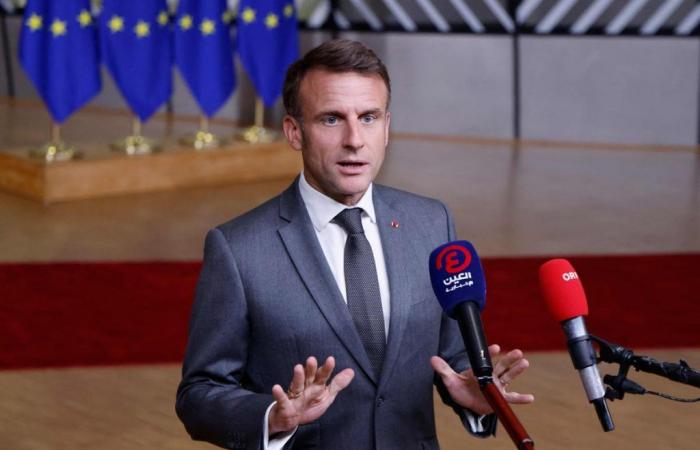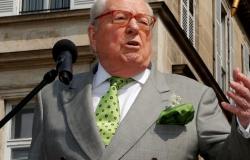The Yellow Vests
This anti-government mobilization, initially born on social networks against the increase in fuel taxes, mobilized 282,000 people on November 17, 2018 across the country. The demonstrators occupied roundabouts and blocked roads. The movement reached its peak on December 1 with the ransacking of the Arc de Triomphe.
After several Saturdays of violence, Emmanuel Macron gave in to some demands: he backtracked on the increase in fuel taxes, electricity and gas prices were frozen, while the minimum wage was increased. The movement, which declined from spring 2019, was marked by 11 deaths, 23 blinded and some 2,500 injured among the demonstrators as well as 1,800 injured among the police.
“War” against Covid-19
Only a year after the Yellow Vest movement, the global coronavirus epidemic arrived in France at the beginning of 2020, in the middle of the campaign for the municipal elections, the first round of which was held in difficult conditions. On March 17, Emmanuel Macron decreed a “health war” and a first confinement, while the hospital was crumbling under cases.
Faced with successive variants, the executive imposes restrictions on daily life, such as wearing a mask or the health pass. Measures that slowed down the country and did not prevent the deaths of almost 70,000 people.
Standoff over pensions
In early 2023, while the pension reform of Édouard Philippe’s government had not been completed due to the Covid-19 pandemic, Emmanuel Macron tasked Élisabeth Borne with raising the legal retirement age from 62 to 64. This unpopular project sparked a mobilization lasting more than three months, with the inter-union processions exceeding 1.2 million people three times, according to the police. Refineries, transport, and ports were blocked, while the garbage collectors’ strike transformed Parisian sidewalks into open-air trash cans. While King Charles III had honored France by granting him his first visit abroad, the Élysée was forced to postpone it.
On March 16, the Prime Minister invoked Article 49.3 of the Constitution to have the bill adopted without a vote. The opposition then filed a motion of censure, which failed by 9 votes to overthrow the government. Validated by the Constitutional Council despite appeals from the left, the reform was promulgated by Emmanuel Macron on April 14. At the end of this unprecedented social movement, the president announced “100 days of appeasement, unity, ambition and action in the service of France.”
Riots after Nahel’s death
But this new sequence wanted by Emmanuel Macron was disrupted on June 27, when urban violence broke out in the country after the death of Nahel, a 17-year-old young man killed by police shooting during a road check in Nanterre (Hauts-de -Seine). An act described as “inexcusable” and “inexplicable” by the head of state. The riots mobilized 45,000 police officers for five successive nights, with nearly 4,000 arrested. This time, Emmanuel Macron is forced to cancel his state visit to Germany.
The president announced an “emergency bill” to speed up reconstruction in cities affected by the destruction, the cost of which is estimated at 1 billion euros. The police officer accused of the teenager’s death was charged with voluntary manslaughter and imprisoned, then released under judicial supervision.
Defeat in the Europeans and surprise dissolution
A year later, on June 9, 2024, the National Rally won the European elections with 31.37% of the vote. The list of the presidential majority was largely left behind (14.6%) and found itself closely followed by the Socialist Party (13.83%). In the process, the head of state dissolved the National Assembly to everyone’s surprise, calling early legislative elections. The RN and the new left-wing coalition of the New Popular Front aimed to access Matignon.






